The basis of a comprehensive estate plan is a will. A will informs a person’s heirs, family members, and a Probate Court about their intentions for property following their death. The document may also nominate a person or organization to serve as an administrator of an estate. An administrative party has the legal authority to temporarily control an individual’s assets and ensure that they move to the correct beneficiaries during probate.
With the help of a dedicated attorney, it is crucial to create a detailed and legally accurate will before your death to ensure the security of your assets. A Freehold wills lawyer could evaluate your current estate plan, provide more information about the concept of wills and their functions, and draft documents that outline your intentions concerning your property after your death.
What are Wills?
The purpose of a will is to ensure that your property moves to the correct parties after you pass away. A will also override the state’s intestacy laws that determine which family members receive property after a person’s death. Therefore, it is crucial to craft a will that meets the legal standards and references the entirety of an individual’s assets.
By law, an adult can place almost any provision they wish into a will. Requests might include making a single person the heir to an estate or ordering that multiple parties split the proceeds of a property. A property owner should detail their wishes with specificity. According to New Jersey Revised Statute § 3B:3-2, a will must contain the signature of a creator, including two witnesses who observed the signing.
A skilled attorney in Freehold could draft wills that define a person’s intentions for their property and ensure that the records meet all relevant legal requirements.
The Role of an Estate Administrator
A will may also serve to retain control over the probate process. Often, the creator of a will can nominate a person or organization to serve as administrator of an estate. An administrator has the legal authority to take temporary control of assets, open bank accounts in the estate’s name, provide payment to all legitimate creditors, and distribute the remaining possessions to the named heirs.
Nominating a party to serve as an administrator will likely convince a probate court to issue an appointment. However, nominated parties can decline this responsibility. A court may rule that an administrator is unfit to serve in some cases. An experienced wills lawyer could help people in Freehold choose potential administrators who are capable and willing to oversee their estate.
Contact a Freehold Wills Attorney Now
Every adult in Freehold should have a will that determines what will happen to their assets after their death. While this may be an uncomfortable concept to think about, estate documents have no legal impact until your death and can be changed at any time.
A Freehold wills lawyer could speak with you about your current estate plan, what you want to happen to your property in the future, and who you want to serve as the administrator of your estate. If you already have a will in place, an attorney may help you make any necessary revisions. However, if you do not have a will, a dedicated attorney could draft documents to ensure that your assets are taken care of following your death. Reach out to them now to get started.


 (732) 361-2533
(732) 361-2533 



